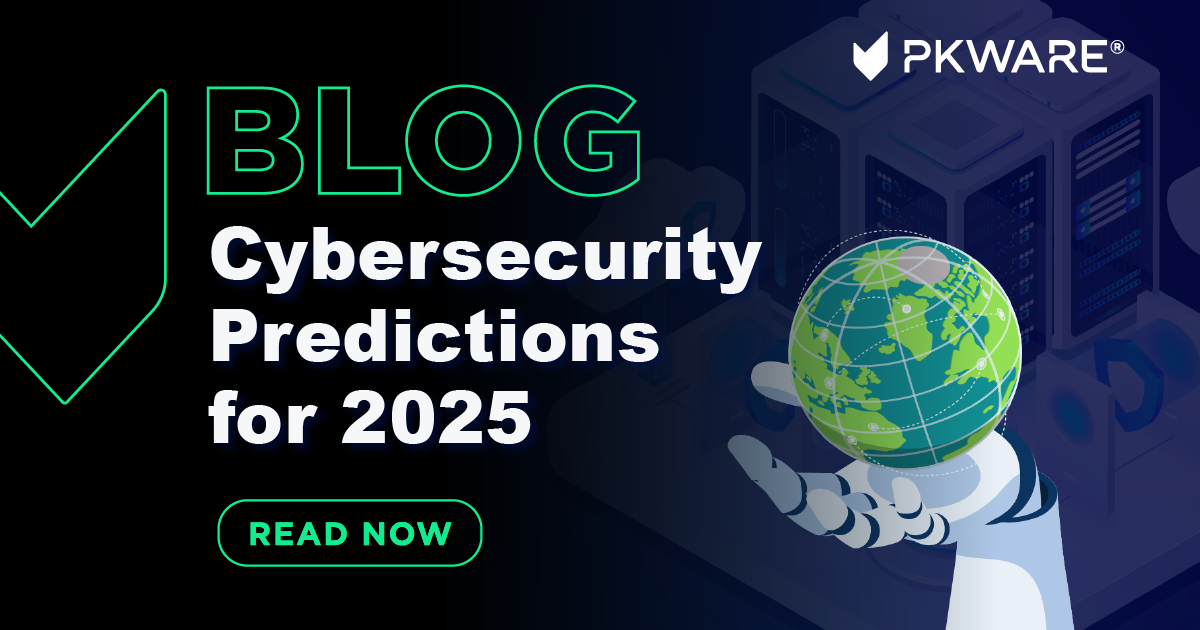Uncover 7 Cybersecurity Predictions for 2025 to prepare for emerging threats.
Uncover 7 Cybersecurity Predictions for 2025 to prepare for emerging threats.
Blog Article
Future-Proof Your Organization: Trick Cybersecurity Forecasts You Required to Know
As organizations face the increasing rate of digital transformation, recognizing the progressing landscape of cybersecurity is essential for lasting resilience. Forecasts suggest a substantial uptick in AI-driven cyber threats, along with heightened regulative scrutiny and the critical shift in the direction of Zero Depend on Architecture.
Increase of AI-Driven Cyber Threats

One of one of the most worrying developments is using AI in producing deepfakes and phishing systems that are extremely persuading. Cybercriminals can fabricate audio and video material, impersonating executives or trusted individuals, to control targets right into disclosing delicate details or accrediting fraudulent transactions. Additionally, AI-driven malware can adapt in real-time to evade detection by conventional safety procedures.
Organizations need to identify the immediate requirement to boost their cybersecurity structures to battle these advancing hazards. This consists of investing in innovative hazard discovery systems, cultivating a society of cybersecurity understanding, and carrying out robust event reaction plans. As the landscape of cyber threats changes, aggressive procedures end up being vital for securing sensitive data and keeping organization stability in a progressively digital globe.
Raised Concentrate On Data Privacy
Exactly how can organizations effectively navigate the expanding focus on information privacy in today's digital landscape? As governing frameworks develop and consumer assumptions climb, businesses must focus on durable data privacy techniques.
Investing in staff member training is critical, as staff understanding directly impacts information defense. Organizations ought to foster a society of personal privacy, encouraging workers to recognize the importance of protecting delicate details. Additionally, leveraging innovation to boost information safety and security is necessary. Implementing sophisticated file encryption approaches and secure data storage services can substantially minimize risks associated with unauthorized gain access to.
Collaboration with lawful and IT groups is essential to straighten information personal privacy campaigns with organization purposes. Organizations needs to additionally involve with stakeholders, consisting of consumers, to connect their dedication to information privacy transparently. By proactively dealing with data personal privacy worries, services can develop depend on and improve their track record, inevitably adding to long-lasting success in a significantly inspected digital environment.
The Change to Absolutely No Depend On Design
In reaction to the evolving threat landscape, companies are progressively embracing No Count on Architecture (ZTA) as a basic cybersecurity method. This method is predicated on the concept of "never trust, constantly confirm," which mandates continuous confirmation of individual identities, tools, and data, regardless of their area within or outside the network boundary.
Transitioning to ZTA involves applying identity and accessibility administration (IAM) solutions, micro-segmentation, and least-privilege accessibility controls. By granularly controlling accessibility to resources, these details companies can reduce the danger of insider hazards and lessen the impact of exterior breaches. In addition, ZTA encompasses durable monitoring and analytics abilities, permitting organizations to identify and reply to abnormalities in real-time.

The change to ZTA is additionally sustained by the enhancing adoption of cloud solutions and remote job, which have expanded the strike surface (7 Cybersecurity Predictions for 2025). Traditional perimeter-based security versions want in this new landscape, making ZTA an extra durable and adaptive structure
As cyber dangers continue to expand in class, the adoption of Absolutely no Depend on principles will certainly be important for organizations looking for to secure their assets and keep regulative compliance while making sure company connection in an unsure environment.
Governing Changes on the Perspective

Forthcoming policies are anticipated to resolve a range of problems, consisting of data privacy, violation notification, and event feedback protocols. The General Data Click Here Security Law (GDPR) More Bonuses in Europe has set a precedent, and comparable structures are emerging in other regions, such as the USA with the recommended government privacy legislations. These guidelines usually impose stringent charges for non-compliance, highlighting the demand for organizations to prioritize their cybersecurity procedures.
In addition, industries such as financing, health care, and important framework are most likely to face extra strict demands, mirroring the delicate nature of the data they deal with. Compliance will not simply be a lawful commitment yet a crucial component of building depend on with consumers and stakeholders. Organizations must stay ahead of these changes, integrating regulatory requirements into their cybersecurity strategies to make sure strength and safeguard their possessions properly.
Relevance of Cybersecurity Training
Why is cybersecurity training a crucial component of an organization's defense strategy? In a period where cyber threats are increasingly sophisticated, companies need to acknowledge that their workers are often the very first line of defense. Effective cybersecurity training outfits personnel with the expertise to identify potential hazards, such as phishing assaults, malware, and social design tactics.
By fostering a society of security understanding, companies can substantially lower the danger of human error, which is a leading reason for data violations. Routine training sessions make sure that workers stay informed about the newest threats and ideal methods, thus boosting their capability to react suitably to cases.
Additionally, cybersecurity training advertises compliance with governing requirements, decreasing the threat of legal repercussions and punitive damages. It also empowers workers to take possession of their duty in the company's security framework, causing a positive instead than responsive strategy to cybersecurity.
Conclusion
In final thought, the developing landscape of cybersecurity demands aggressive procedures to deal with arising dangers. The increase of AI-driven attacks, paired with increased information personal privacy issues and the change to No Count on Style, requires an extensive approach to safety.
Report this page